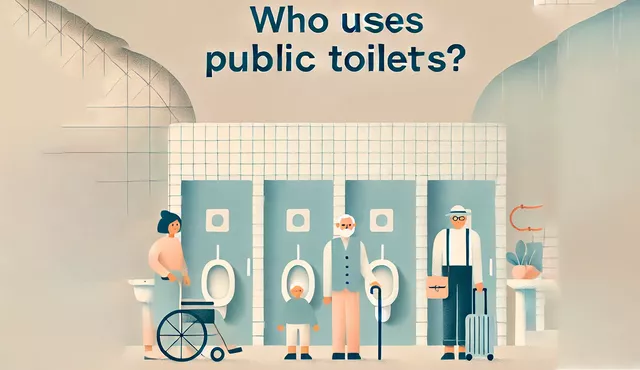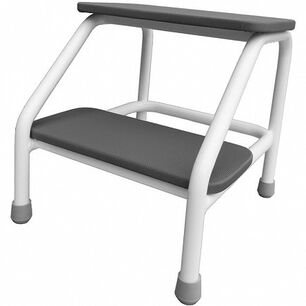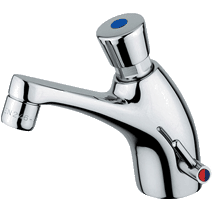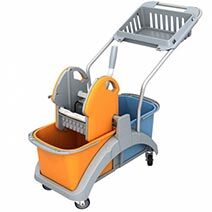Who uses public toilets?
Public toilets are an integral part of urban infrastructure, providing comfort and hygiene for residents and tourists. However, access to these facilities is crucial not only for convenience, but also for ensuring dignity and social inclusion. The article "Access to Toilets in Public Spaces: A Question of Dignity and Inclusion" emphasizes the importance of access to public toilets for various social groups, which are often insufficiently considered in public space planning.

Who uses public toilets?
Public toilets are an integral part of urban infrastructure, essential for both residents and tourists. Although often underestimated, they play a crucial role in the daily functioning of cities, providing comfort, hygiene, and dignity. However, access to these facilities is not just a matter of convenience - it is also an element of social integration. Who actually uses public toilets? The answer to this question may surprise and reveal how important their proper maintenance and availability is.
| User group | Needs | Challenges |
|---|---|---|
| Children and their families | Quick access, changing tables, cleanliness | Lack of changing tables, long queues, low cleanliness standards |
| Elderly and disabled individuals | Accessibility, facilities (handrails, wide doors), safety | Inadequate adaptation of toilets to the needs of people with limited mobility, lack of available toilets in public places |
| Travelers and tourists | Easy to find, cleanliness, comfort | Lack of toilets in key tourist locations, low cleanliness standards, difficulties with toilet accessibility for people with a lot of luggage |
Children and their families:
Families with young children often rely on public toilets during their daily activities, such as shopping, walks, or visits to parks. Clean, comfortable, and well-equipped toilets are key to providing comfort for little ones and their caregivers. Changing tables, space for strollers, and easy access to sinks at the right height are elements that significantly improve the quality of using toilets. The lack of these amenities leads to stressful situations - imagine a parent looking for a changing table in a crowded shopping center, where every second is precious. Public toilets should therefore be designed with the youngest in mind, so that families can use urban spaces without worry or discomfort.
Elderly and disabled individuals:
For seniors and people with disabilities, accessibility of public toilets is of fundamental importance. Many of them struggle with mobility issues, which makes them in need of toilets adapted to their needs. Wide doors, handrails, non-slip floors, and appropriately low sinks are just some of the amenities that can improve the comfort of using toilets for these individuals. Unfortunately, in Poland, too many toilets still do not meet these requirements, which leads to their marginalization and exclusion. Every person, regardless of their age or physical ability, should have the opportunity to use public toilets dignifiedly and safely, without concerns about accessibility or hygiene standards.
Travelers and tourists:
Tourists and travelers are another group that regularly uses public toilets. Access to clean, well-marked, and conveniently located toilets is essential for comfortable and enjoyable travel. Lack of proper facilities can ruin even the best-planned trip, and searching for a toilet in an unfamiliar place can be stressful and time-consuming. Toilets in public places such as train stations, airports, or tourist attractions should be well-maintained and easy to locate so that tourists and travelers can fully enjoy their trips. Investing in these facilities is crucial for building a positive image of cities and regions.

Access to public toilets is not just a matter of convenience, but also a fundamental element of ensuring dignity and social integration. As the article "Access to Toilets in Public Spaces: A Question of Dignity and Inclusion" shows, taking into account the needs of different social groups in planning public spaces is crucial for creating a society that respects and supports its members. Investing in appropriate facilities in public toilets is a step towards greater inclusivity and better quality of life for all residents and visitors. Cities that take care of the cleanliness, accessibility, and functionality of their public toilets become more welcoming places for all social groups, promoting equality, health, and dignity.

















































































 Polski
Polski
 Czech
Czech
 German
German
 Spanish
Spanish
 Slovak
Slovak